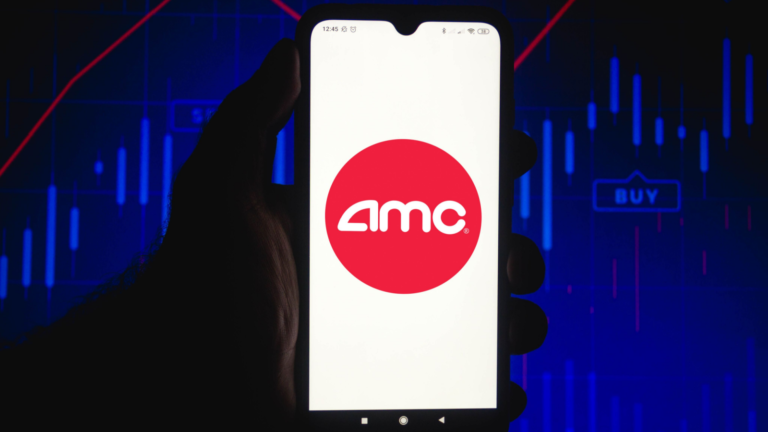Shares of AMC Entertainment (NYSE:AMC) are yet again in the red following the conversion of AMC Preferred Equity Units (APE) into AMC stock. As part of the conversion, the New York Stock Exchange (NYSE) suspended trading of APE, while each unit of APE was converted into 0.1 shares of AMC.
Before the conversion occurred, AMC initiated a 1-for-10 reverse stock split and increased its authorized shares to 550 million from 524.17 million. These two actions allowed for the APE conversion.
A total of 99.54 million shares of AMC were issued as a result of the conversion, which was based on 995.4 million APE units outstanding as of June 30. AMC was also obligated to make a litigation settlement payment of one AMC share for each 7.5 AMC shares owned as of Aug. 24. This resulted in the issuance of 6.91 million shares.
After all is said and done, AMC noted that there will be 158.38 million shares outstanding. This leaves ample room for the company to issue more shares if necessary.
AMC Continues Decline Following APE Conversion
These dilutive actions have worried shareholders, as AMC stock has fallen by about 70% during the past month. This comes amid Wedbush’s price target raise to $19 from $2. However, after accounting for the reverse split, that actually means that the price target was lowered by $1.
“We think AMC is well-positioned against an improving industry backdrop,” said Wedbush analyst Alicia Reese. “We expect 2023 North American box office to end up 20% over 2022, or ~78% of 2019 box office, with AMC at least maintaining its 22% market share if not expanding with its vast network of premium large format screens.”
Meanwhile, AMC currently carries an exorbitant cost to borrow (CTB) fee of 739.99%. The CTB represents the annual fee that short sellers must pay to borrow stock. A high CTB fee indicates high short seller demand, while a low fee indicates the opposite. Additionally, the average CTB fee for a stock ranges between 0.3 and 3%. At the same time, a high CTB could also influence short sellers to cover their positions by buying the underlying. This could possibly result in a boost for AMC.
Despite being an active X (formerly Twitter) commentator, CEO Adam Aron has remained unusually quiet during the past week. His last post was dated Aug. 20.
On the date of publication, Eddie Pan did not hold (either directly or indirectly) any positions in the securities mentioned in this article. The opinions expressed in this article are those of the writer, subject to the InvestorPlace.com Publishing Guidelines.

